No More Silence
By Ray Dorsey, MD
Today, two hundred Americans and Canadians will be diagnosed with Parkinson’s disease. They and their families will spend the last 15-20 years of their lives with a debilitating disease. Today, another one hundred will die from Parkinson’s.
We know many of its causes. Two weeks ago, the New York Times detailed the link between toxic chemicals (especially certain pesticides and the industrial chemical trichloroethylene or TCE): Yet, the U.S. still permits their use.
When will it end?
Only when those most directly affected by the disease make their voices heard. The inadequate U.S. federal response to COVID-19 is eerily similar to what happened forty years ago when we confronted another previously unknown virus that killed thousands of New Yorkers. The federal response was silence. Only when a group of HIV activists, led by the late Larry Kramer, adopted the motto of “Silence=Death” and changed the course of the disease. Within 15 years, public health measures to prevent HIV were widespread and effective therapies that resulted in near normal life expectancy were available.
Those who suffer change the course of diseases. It happened in the 1950’s with a March of Dimes and polio. It happened in the 1980’s, when the death of a 13-year-old daughter motivated her grieving mother to launch a campaign to end drunk driving. It happened in the 1990’s when a 68-year-old housewife started making peach ribbons after seeing her older sister and daughter confront breast cancer. Their efforts and suffering have saved millions of lives, including many of ours.
Today we are confronted with the world’s fastest growing brain disease, yet we do little. Use of chemicals known to cause Parkinson’s in mice increases. Over the past decade, NIH funding, adjusted for inflation, has decreased. The most effective treatment is now over 50 years old. No great therapeutic advances have emerged this century. Millions go undiagnosed and untreated.
Nothing will change until the 1.2 million Americans and Canadians with Parkinson’s disease make their voices heard.
Nothing.


